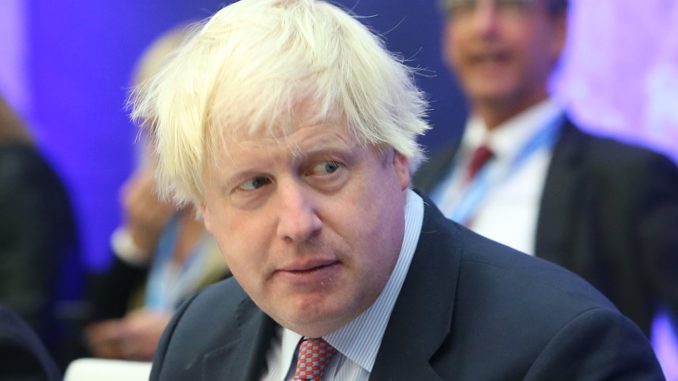
One month after Brexit, the United Kingdom has formally applied to join the CPTPP, the
Comprehensive and Progressive Agreement for Trans-Pacific Partnership. The move is one of many demonstrating that Great Britain and the nations under its leadership umbrella are seeking to use their newly independent status to expand their footprint in worldwide trade.
The value of this move may initially be less significant than it appears. While the CPTPP eliminates trade restrictions between eleven countries – twelve, if the UK is accepted – most of the largest nations involved have existing free trade deals with the United Kingdom or are toward the tail end of completing such arrangements. The UK – Japan Comprehensive Economic Partnership Agreement was signed in late October 2020, for example, and the UK has long-standing economic ties to Australia, Canada and New Zealand.
Still, it’s an opening into growth markets, it would greatly expand the UK’s footprint in Mexico, and it’s a signal to the rest of the world that the UK is serious about trying to re-establish itself as an international actor following its departure from the EU.
The US has not formally made any indications that it wishes to join the CPTPP following the shift in administrations. It may not do so. The existing agreement is far less favorable to US interests than the original Trans-Pacific Partnership was; for example, provisions on copyright term length and patent test data which had been placed for the protection of American pharmaceutical firms which were in the TPP were stripped from the CPTPP. Should America decide to join the revised agreement, US pharmaceutical companies are expected to take a significant hit on foreign sales which account for about a quarter of their yearly revenue.
The US can be expected to watch what power the UK brings to the table to influence provisions of the deal and what benefits are reaped from the arrangement, as it is in a similar position regarding existing deals with the largest signatory nations. No matter what the final result is, it is likely to be far less beneficial to the US than signing on to the original TPP would have been.
